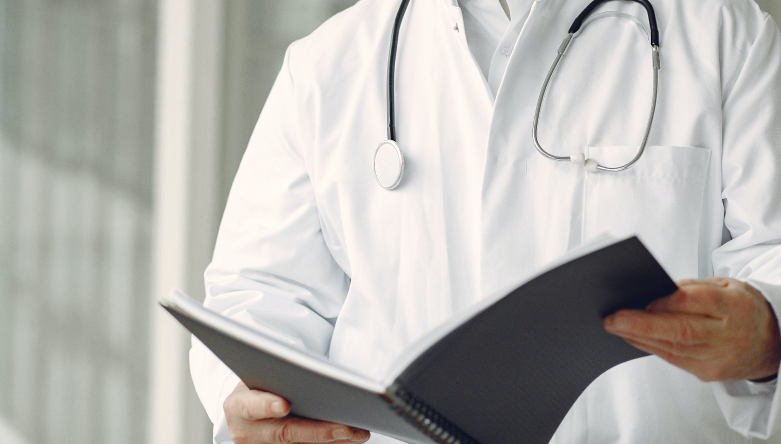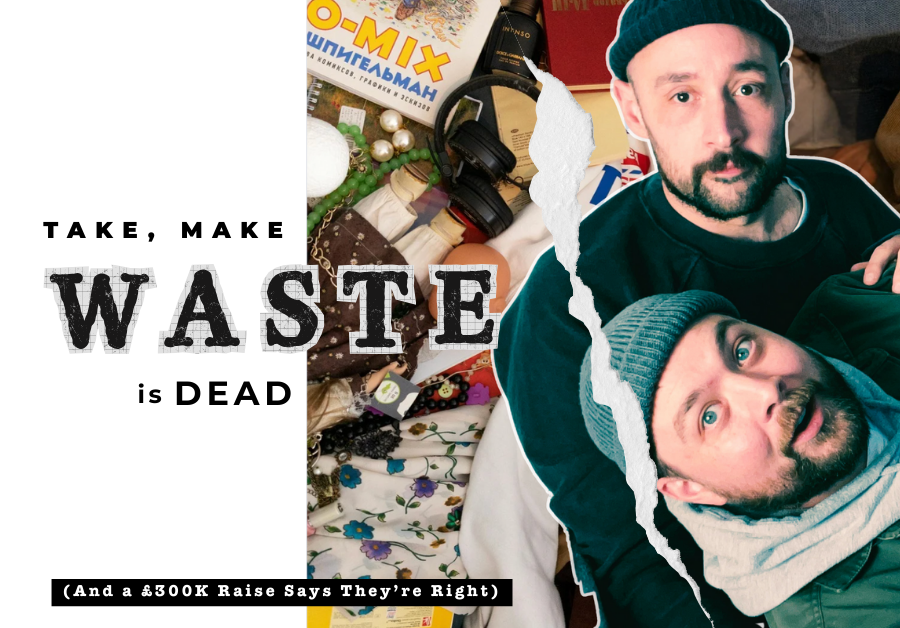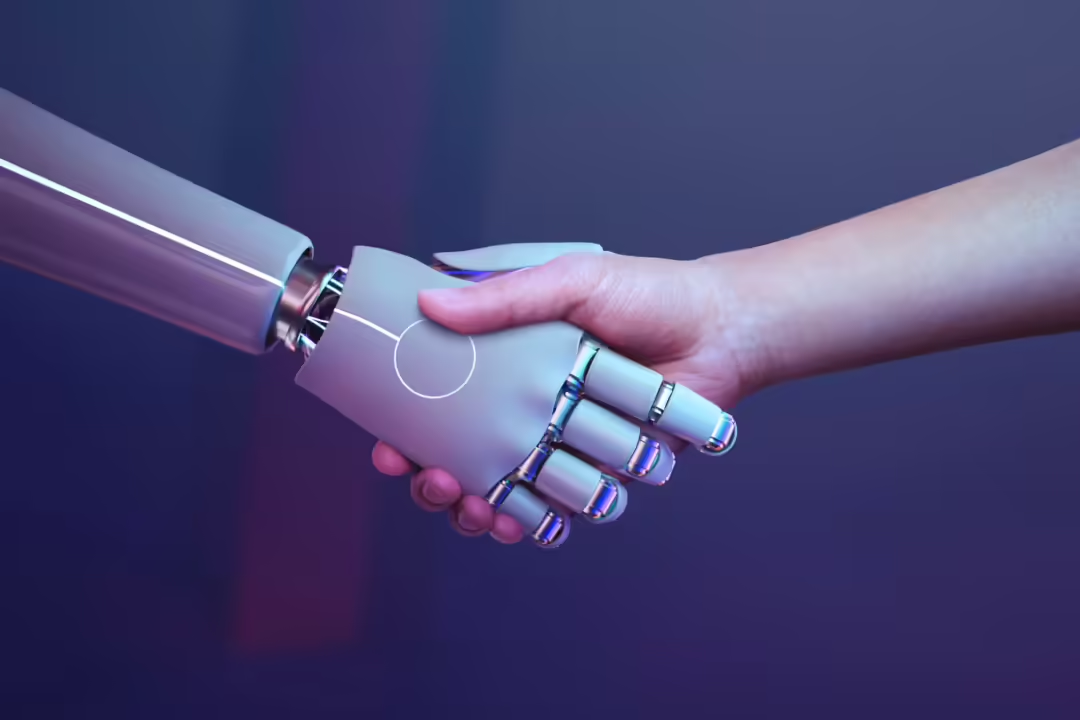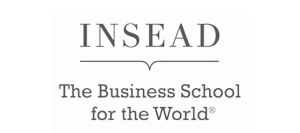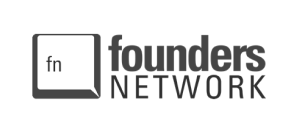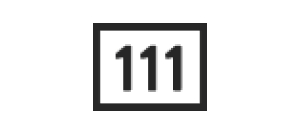This is the second part of the three-part series on Medi2data. Click here to read Part 1.
How did Medi2data experience the COVID-19 period thus far, considering the strain that the medical world is experiencing?
COVID has been challenging for society, let alone our business. Because our customers are GP surgeries, within hours of understanding what the impact of the pandemic would have on the outset, it was very clear that our existing business model had to take a backseat. We’ve taken a look at the environment and our offering and thought about how we could redesign our service to be of real value during the COVID pandemic. Instead of selling the technology, we sold a service, creating eMR+.
eMR+ is an outsource medical service. Medi2data operates as a virtual surgery, with remote clinicians working on our behalf. We create reports and our remote clinicians sign them off. It’s had a fantastic response from the client market. They were very surprised at how we’ve been able to maintain/improve the provision of medical data for them. So it’s a credit to the team and MOHARA.
Since we’re a startup, funding is very important. Interestingly, it was in the middle of our fundraising. We were facing the threat that investors might consider it with their decision if our core business wasn’t able to continue. But that couldn’t be further from the truth. Everyone in society was impacted, including investors. It was about you as an organisation and how you react towards these circumstances. Launching eMR+ increased the interest to invest in our business. I’ve been pleased with how our partners, the team and the markets have received our eMR+ service.
Did you have to make any drastic changes in your working processes during the COVID period?
There were changes to the practical operational aspects of the business that were quite severe. Before COVID, we operated in a dynamic environment, a big coworker space with independent offices. We’ve only been able to return to our office during the last week of August.
For the past five months, it’s all been home-based work. We designed and launched a new service from a home-based environment, and that’s a great credit to the team, their dedication and willingness to put in a bit more than normal to get it off the ground.
Your free software saves up to 82% of the time and costs GPs have experienced in the past. Why did you decide to follow this business model?
I never wanted the NHS to be a client. Together with Swansea University, we had GPs and GP surgeries interact with us and look at the minimum viable product (MVP), and how we could address pressure points in the surgeries so the technology could alleviate those. We took a task that cost them two and a half hours and reduced it to fifteen minutes with the technology.
I never felt that the success of the business needed to be on charging surgeries. By increasing our presence, we become more attractive to those requiring medical evidence and that is who we charge. Three million fee-paying medical reports are requested every year, and that’s growing.
I wanted to build an ecosystem where it was a win-win for all the stakeholders. The value was delivered and all the benefits were delivered. As a consequence, everyone was happy with the commercial relationships that existed.
As far as GP surgeries are concerned, I pledged that Medi2data would never charge for its services. We want to try and give something back.
Next week will be the final part of our three-part series with Medi2data. We will cover what the future holds for Medi2data and also how Richard has experienced working alongside his son.


